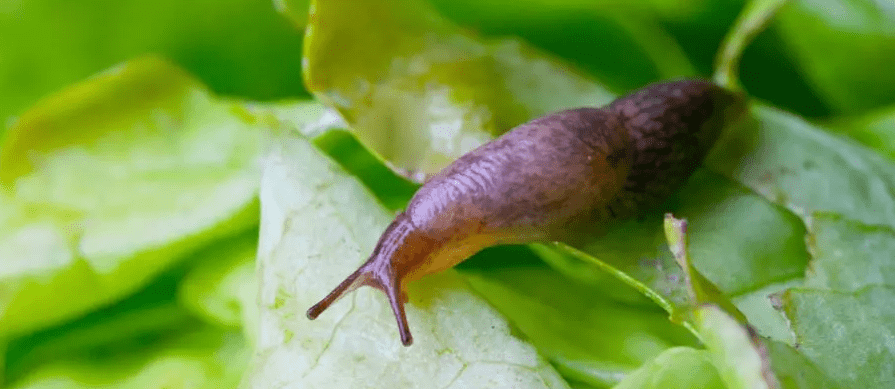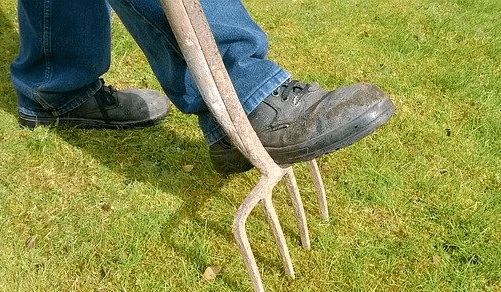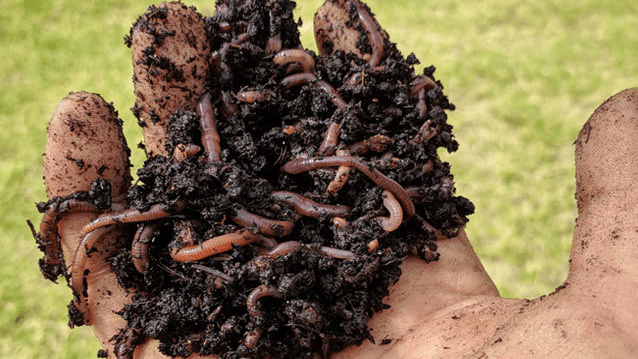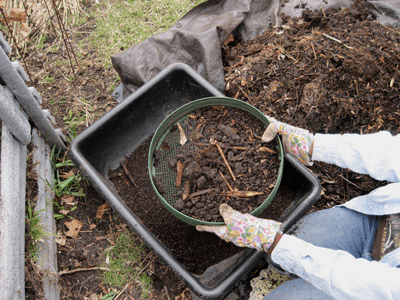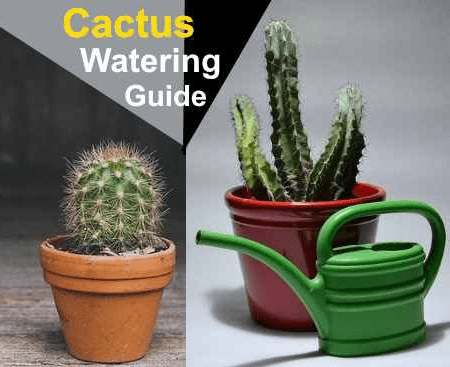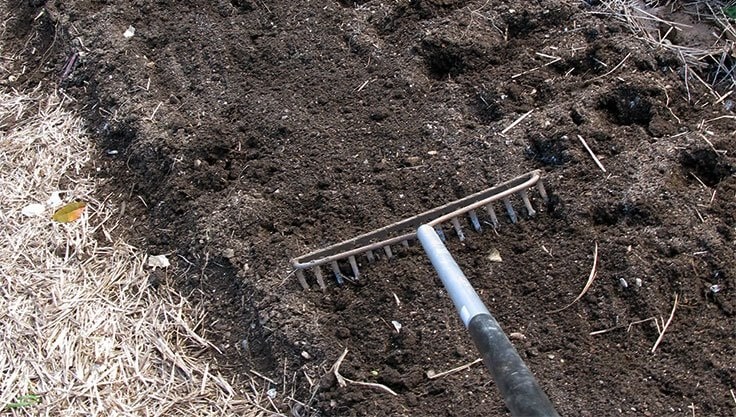Worms form a cocoon ring as hermaphroditic animals. They graze against each other and fertilize the cocoon ring in the process. This is then stripped off and is then a worm cocoon. The worms hatch after a few weeks or months, depending on the temperature, and grow quickly.
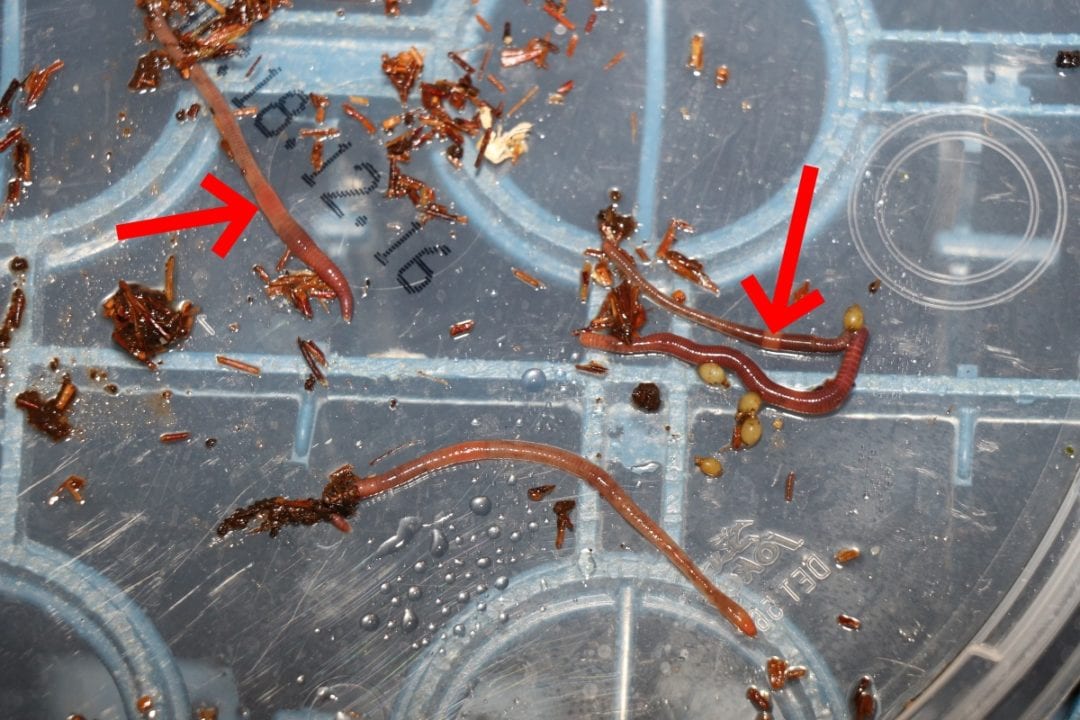
However, for worms to form their cocoon ring in the worm farm, they need minerals. These are available at least as traces in any normal garden soil, but not in your own worm farm. In addition to the organic residues, the worms are therefore given some mineral mix for worms every week.
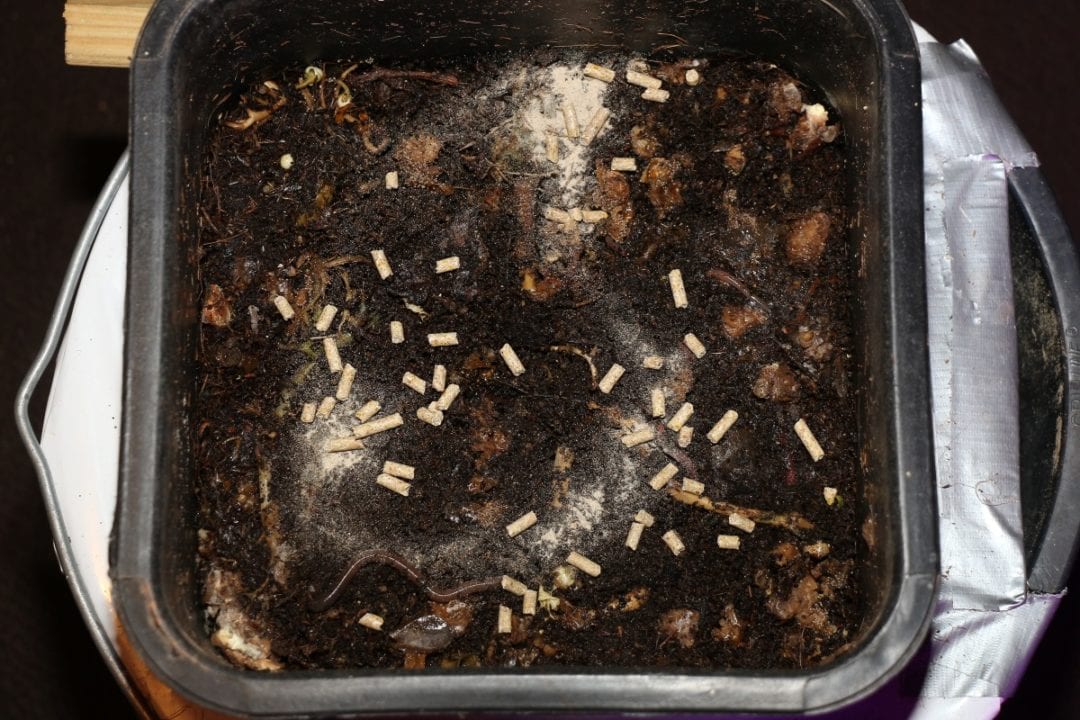
The commercially available worm food would have to be used for initial feeding. But again, only about 10 grams per 10 liters of volume of a worm farm level should be given weekly. The worms need the minerals, but they do not require large amounts.
Because very little mineral mix is needed, it is easiest with the ready mixes. If you want to save some money for a large worm farm, you can also prepare your own mineral mix. The basis is primary rock flour, very little bentonite, depending on the pH value some dolomite lime or crushed eggshells. Some quartz sand can also be added to this mineral mix. Ready mixes also contain a few proteins or carbohydrates that become boosters for the bacteria. Some molasses (carbohydrates) and pea meal (proteins) could be given. But again, “only” about 10 grams per 10 liters of volume of a worm farm level would have to be calculated per week.
In addition, worms still need fine gravel to help them digest by friction. Simple sand would be recommended here, half a teaspoon per 10 liters of a worm farm level would suffice. When checking the worms, at least some of the larger ones should have formed a worm ring or cocoon ring, then the worm farm can exist.


